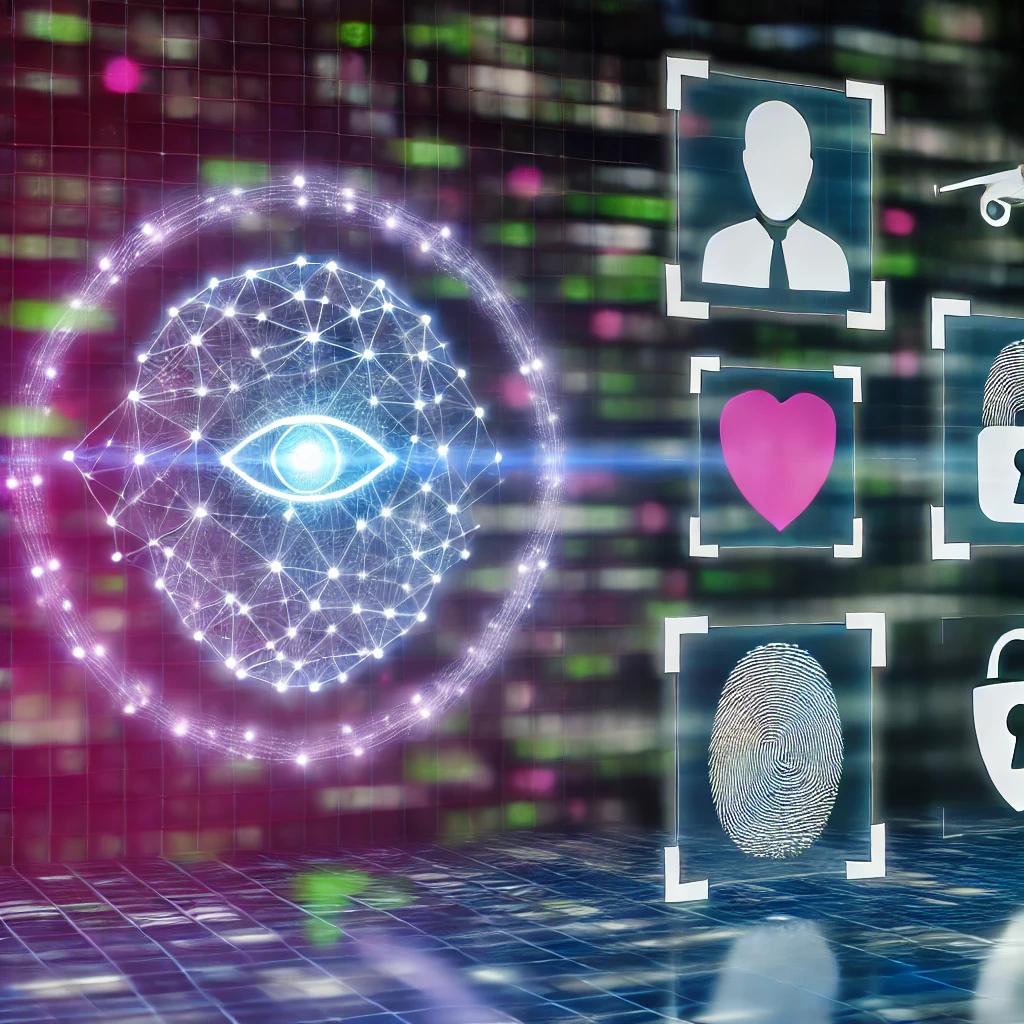Artificial intelligence (AI) has become a powerful force in technology, capable of transforming industries with its ability to automate, predict, and analyze data. Yet, as AI advances, concerns over deepfakes, misinformation, and the manipulation of digital identities have emerged. These issues raise valid worries about security and trust in the digital age, especially as AI-generated content becomes increasingly realistic. However, when used appropriately, AI-powered identity solutions offer immense potential to strengthen organizational security, enhance customer experiences, and build trust in a digitally driven world.
Understanding AI-Powered Identity
At its core, AI-powered identity refers to the use of artificial intelligence to verify, manage, and protect individual identities in digital systems. This can include anything from authenticating users during a login process to detecting fraudulent activity, preventing identity theft, and ensuring secure transactions.
AI-powered identity solutions rely on advanced algorithms and machine learning models that analyze patterns in data to distinguish between legitimate and malicious behavior. These systems can leverage biometric data, behavioral analytics, and contextual information to provide a more comprehensive approach to identity verification and fraud detection, surpassing the traditional methods of passwords and security questions.
Addressing the Threats: Deepfakes and Misinformation
Deepfakes and misinformation represent a significant challenge in the realm of AI-powered identity. Deepfakes—AI-generated synthetic media that can manipulate video, audio, and images—have the potential to create convincing but false identities or impersonate individuals. These tools can be used to deceive organizations and the public, leading to financial losses, damaged reputations, and erosion of trust.
However, AI itself can be used to counter these threats. Advanced AI-powered identity systems can identify the subtle inconsistencies in deepfakes and flag suspicious activity before it leads to harmful consequences. For example, AI can analyze micro-expressions or detect unnatural behaviors in video content, helping organizations distinguish between legitimate interactions and malicious attempts to deceive.
By utilizing AI-driven verification processes that incorporate multi-factor authentication, facial recognition, and behavioral analysis, organizations can build more resilient systems to combat the misuse of identity technologies. This creates a stronger defense against fraudulent activity, deepfakes, and misinformation while ensuring the security and privacy of individuals.
Enhancing Security and Efficiency
For organizations, the potential value of AI-powered identity solutions is vast. One of the most significant benefits is the ability to improve security while enhancing user experiences. AI can help streamline identity verification processes by automating the detection of fraudulent activity, reducing the need for manual intervention, and improving the accuracy of identity management.
In industries such as finance, healthcare, and e-commerce, AI-powered identity solutions can help mitigate the risk of fraud and data breaches by continuously monitoring user behavior and detecting anomalies. AI systems can identify when an account is being accessed in an unusual way, such as from an unexpected location or through atypical behavior, and take action to protect sensitive information.
Additionally, AI can expedite onboarding processes for new customers or employees, enabling real-time identity verification while minimizing friction. With the ability to cross-reference multiple data points and apply machine learning techniques, organizations can ensure that users are who they claim to be without slowing down operations.
Building Trust and Accountability
AI-powered identity solutions also contribute to the broader goal of building trust and accountability in digital interactions. In an era where data breaches and cyberattacks are increasingly common, maintaining trust between organizations and their customers is essential.
AI systems can help ensure that identities are verified with greater accuracy and accountability. By analyzing user behaviors and detecting potential threats before they escalate, these systems allow organizations to create secure environments that foster trust with customers and partners. AI-powered identity solutions can be transparent, offering users clear explanations of how their data is being used and protected, which contributes to a sense of security and confidence.
Furthermore, as governments and regulatory bodies establish new frameworks for digital identity and privacy, AI-powered systems are well-positioned to comply with these regulations. From GDPR to the growing number of data protection laws, AI-based identity systems can adapt to evolving legal requirements while safeguarding user information.
Future Potential of AI-Powered Identity
The future of AI-powered identity solutions is full of potential. As AI technology continues to evolve, the systems that manage and protect digital identities will become even more sophisticated, improving both security and user experience.
AI could soon enable more seamless and secure interactions in areas such as digital banking, healthcare, and government services. The development of decentralized identity systems, in which individuals have greater control over their digital identities, may be further enhanced by AI, offering even more protection against identity theft and fraud.
In the fight against deepfakes, AI-driven solutions will likely play an increasingly important role, ensuring that digital identities cannot be manipulated or misused without detection. The ability to verify content and distinguish legitimate interactions from artificial ones will become crucial in maintaining trust in both personal and organizational contexts.
Conclusion
While the risks associated with AI—such as deepfakes and misinformation—are real, the value of AI-powered identity solutions is undeniable when harnessed appropriately. By leveraging AI to enhance security, build trust, and protect identities, organizations can mitigate the potential harm caused by malicious actors while creating more efficient, secure, and trustworthy systems. As AI-powered identity solutions continue to develop, their role in shaping the future of digital security will only grow, providing a crucial foundation for secure digital interactions in an increasingly AI-driven world.





